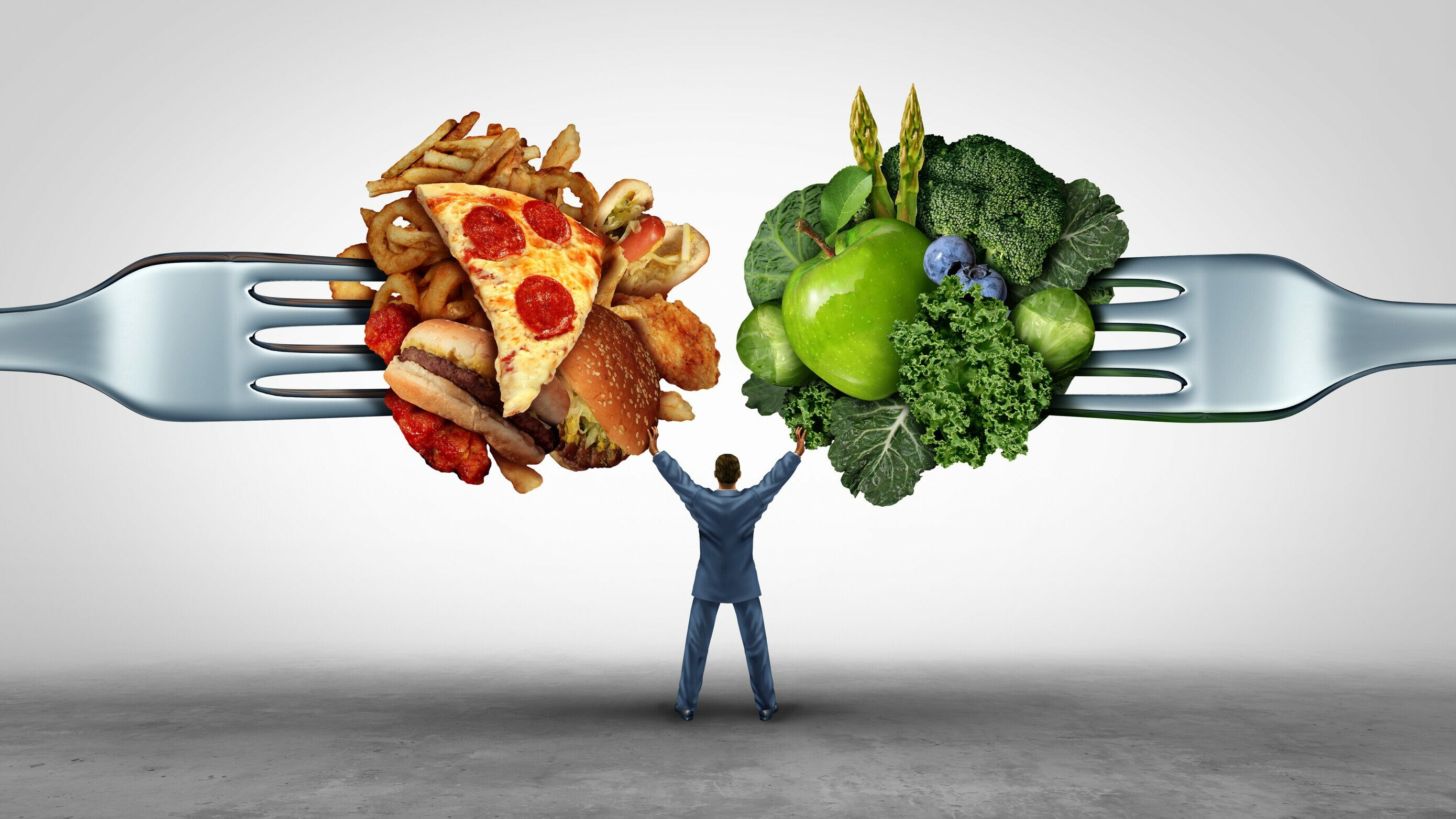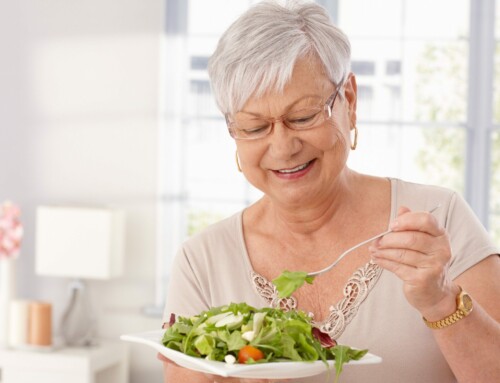In the context of caregiving, the question of what to cook for the senior is raised, as the services and activities associated with caregiving include meal preparation. A healthy and balanced diet is very important for older people more so than at other times of life. This is because nutrition directly affects a person’s health, condition and overall quality of life . It also serves as a prevention of various diseases as well as malnutrition.
Regularity and diversity
Regularity and variety play an important role in the diet of seniors. The daily diet should consist of several smaller portions. Variety consists of eating a variety of foods – cereals, pastries, pasta, rice, meat, fish, pulses, dairy products, fruit and vegetables. It is necessary for the senior to take in adequate amounts of nutrients so that he or she does not gain or lose weight, but is able to maintain a reasonable weight.
Less salt
Older people have a need for more salt. This is because taste buds change and weaken with age. Sodium chloride (i.e. salt) is important in the diet, but a lot of everything is bad for you. In the case of salt, this is clearly true. Research has shown that over-salting can cause premature death. The daily dose of salt that is appropriate for the elderly is 1.5 grams. Excessive intake damages blood vessels and causes a risk of cardiovascular disease. It also causes high blood pressure. Regular excessive use of salt can cause stomach cancer osteoporosis kidney stones and diabetes. When the senior finds the prepared food tasteless it is necessary to reach for flavouring with herbs, lemon juice, spices that do not irritate the stomach. Marinated, sterilized or canned foods do not thrive. Use fresh or frozen vegetables instead. Semi-finished products containing an excess of harmful preservatives should also be avoided.
Limit sugar
Refined sugar is generally not good for your health especially when it comes to seniors. Daily it is desirable to take 60 grams of sugar. Sugar is harmful to the liver. Excessive sweetening is associated with risk heart attack and other cardiovascular diseases and metabolic disorders. Of course because of sugar dental cavities for, high blood sugar can lead to diabetes. Last but not least there is the threat of Obesitywhich is even more uncomfortable in old age as it puts strain on joints and bones that tend to be more fragile and weaker. In addition, it is a problem for immobile people who have limited movement. Traditional sugar can be replaced with natural sweeteners such as stevia honey or maple syrup. Dishes are just as tasty with them. Sugar is not only found in foods where we naturally expect it cakes, chocolate, but also in convenience foods yoghurt, cereals, ketchup or mustard.
Calcium and vitamin D
Both ingredients are very essential for bone health to prevent osteoporosis to which older people are prone. Calcium is mainly found in milk and dairy products, cheese, yoghurt. Vitamin D, which promotes the absorption and use of calcium in our bodies is mainly found in fish, eggs and cocoa, although we mainly get it from sunlight.
Drinking regime
For every person, and certainly for the elderly regular hydration and sufficient fluid intake is essential. Seniors should take low-calorie fluids that is plain water, fruit juices and herbal teas. Liquids are of course also contained in fruits vegetables and soups. As people age they don’t feel thirsty as much as they did when they were young so they need to be reminded to drink and nowadays there are different apps. Caffeine and alcohol should be limited the most ideal way is to avoid consuming them.
Allergies
Food intolerances and allergies if any should also be taken into account when cooking and the choice of diet should be adapted accordingly. Also different diets such as for diabetes. The most common allergies are allergies to cereals, cow’s milk, seafood or nuts. The diet should also be adapted to the condition of the seniors’ teeth as many of them no longer have their own teeth at this age – cook the food so that it is soft or cut into smaller pieces. Food prepared by boiling, stewing or baking is most suitable. Grilling and frying are not the right ways to prepare food because they are not healthy.
Our companyhas a portfolio of reliable, skilled and empathetic caregivers and caregivers who care about the health and comfort of patients and can provide them with quality care – even when it comes to preparing meals – according to their special needs.







